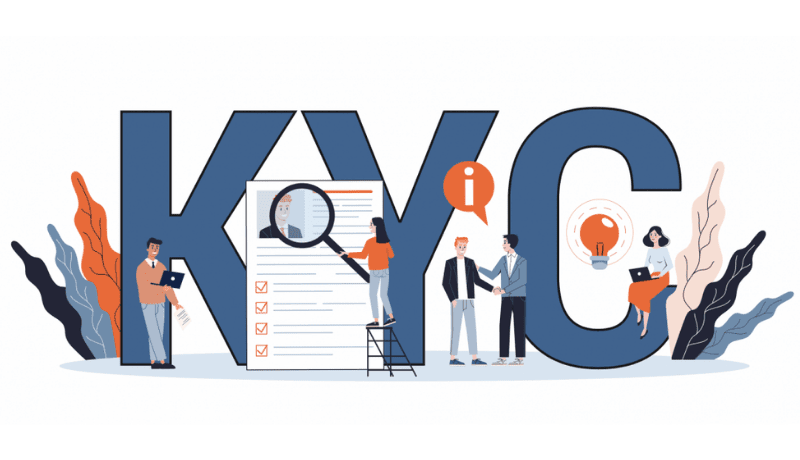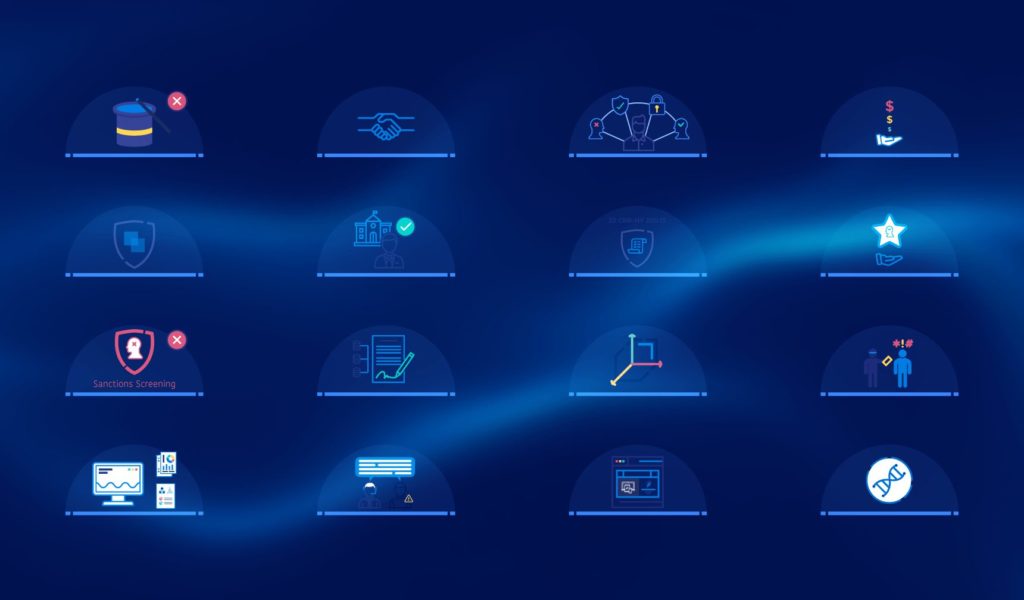
Anti-money laundering (AML) and know-your-customer (KYC) compliance might be transformed by artificial intelligence (AI). Artificial intelligence systems may also mine vast amounts of data through KYC verification companies for risk-relevant information for anti-money laundering reasons, making identifying high-risk clients easier.
AI is beneficial when completing repetitive activities since it saves time, effort, and resources that can be redirected to higher-value client tasks. Natural language processing (NLP) and machine learning (ML) are two AI technologies that, when combined, can generate leapfrog automation possibilities in areas of client life cycle management (CLM) that are currently labor-intensive, time-consuming, and error-prone.

Artificial intelligence in KYC can intelligently extract risk-relevant information from a large volume of data in the anti-money laundering AML space, making identifying high-risk customers much easier in the battle against financial crime.
It can follow legislative changes worldwide, discover gaps in client information maintained by the financial institution, and send out know your customer (KYC) warnings to customers to gather missing information.
Impact Artificial Intelligence Have on Automated KYC and AML Compliance?
To satisfy consumers’ and institutions’ expectations, identification verification had to be automated by KYC verification companies due to the modernization of anti-money laundering rules and the deployment of Know Your Client as part of customer onboarding solutions.
Global anti-money laundering solutions have to be able to verify ID cards on any device, anywhere in the world. More than just ID validation was required in online ID verification systems. And transaction monitoring must identify rogue actors and suspicious activities before any harmful conduct takes place.
Artificial intelligence in KYC may improve your systems’ connectivity, security, growth, and monetization through more controllable APIs. Logins, reservations, third-party payment processors, and work with more prominent platforms like Twitter and Google Maps may all benefit from APIs. AI can have practically unlimited creative powers and implementations due to the numerous API protocols, giving institutions and citizens better online protection and freedom.

AI and KYC Process
Artificial Intelligence (AI) has the potential to play a significant role in the KYC process, thanks to KYC labeling companies and services. The technology can assist in streamlining the regulatory and compliance process, minimize fraud to some extent, remove human mistakes, automate repetitive operations, and save time and money. The following are some, but not all, examples of how AI may help with the KYC process:
Image processing
Image processing aids in scanning evidence papers in real time and enhances the automated decision-making process.
Pattern recognition
Checking for discrepancies in submitted documents in real-time and returning near-instantaneous results.
Behaviour Analysis
Collecting data from a chatbot, for example, and performing behavior analysis on that data can help identify a customer’s potential risks and make the appropriate decisions, such as automatically re-running a KYC on the customer or alerting the business with all possible risks discovered so they can act accordingly.
Link analysis
Link analysis examining various sorts of items and transactions using AI analytical models and discovering linkages and relationships between them would make the KYC process more effective and rapid.
OCR
Using an intelligent data extraction engine and auto-filling KYC paperwork, customers may be onboarded more quickly.
Several corporations and organizations employ Artificial Intelligence (AI) in the KYC process to meet their goals, increase efficiency, and reduce overall costs.
By merging data from several sources, analyzing typical money transfer patterns, and learning to discern between routine and suspect activity, this technology is ideal for getting a complete picture of a client.
You need high-quality training data to develop a high-quality AI model. We supply annotated or labeled datasets for machine learning and computer vision at Cogito, allowing you to build a high-quality AI model.

